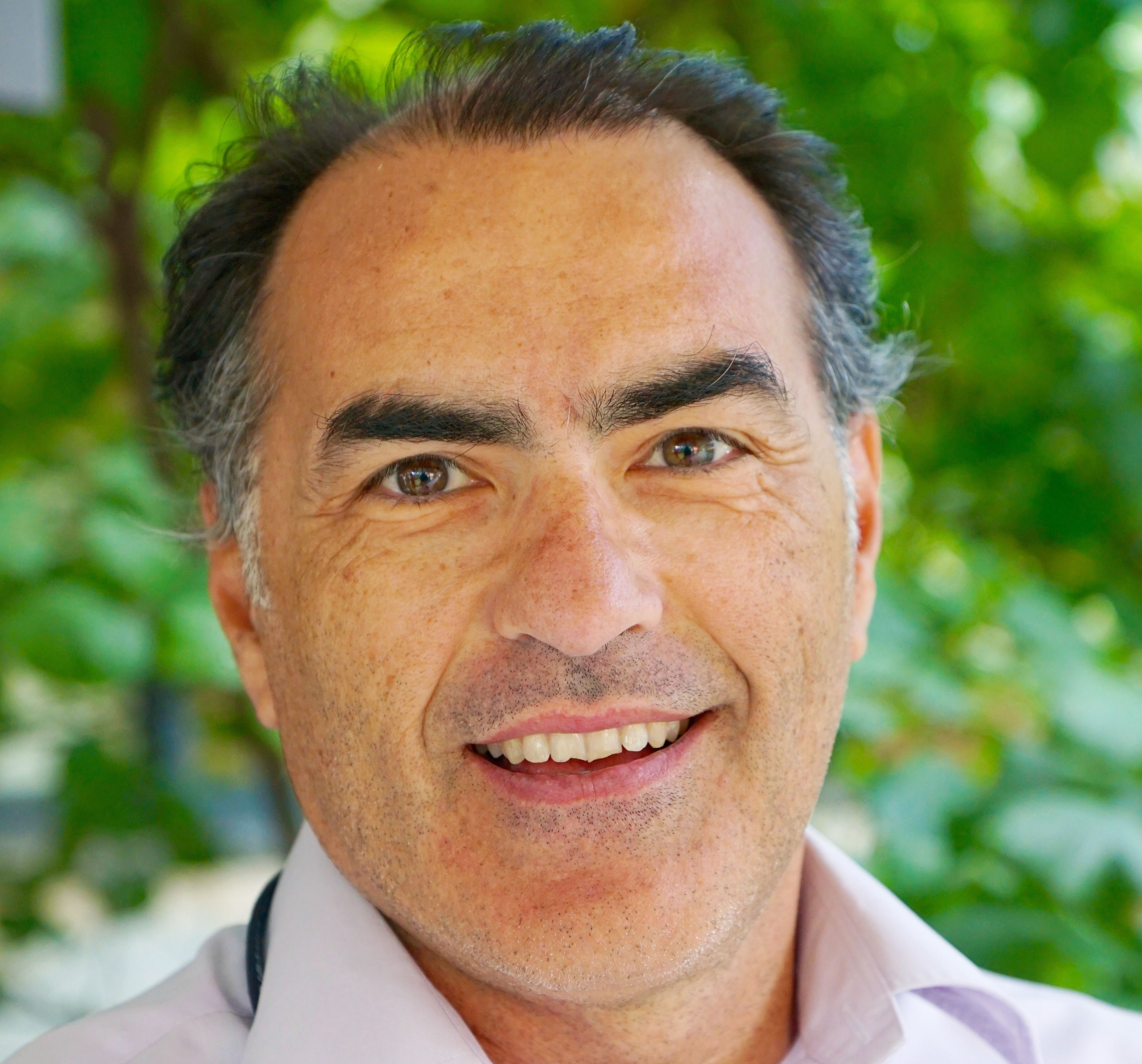2021 Early Detection Innovation Grant - Prof Marco Falasca
Can the molecules carried by exosomes help to diagnose pancreatic cancer early?

Grant
Can the molecules carried by exosomes help to diagnose pancreatic cancer early?
Award
2021 Early Detection Innovation Grant
Institution
Curtin University
Principal Investigator
Prof Marco Falasca
Time required to complete project
1 year
Project Summary
Pancreatic cancer is one of the deadlier and most aggressive tumours, increasing in prevalence and death rate. Its lack of early symptoms, and consequent late diagnosis, result in fast spread and resistance to chemotherapy, making it a significant challenge for the majority of patients. Finding a way to detect PC earlier and a successful cure is a high priority. Tiny cancer ‘bubbles’, called exosomes, are used by cancer cells to communicate and aid in cancer progression. Exosomes from tumour cells discovered in blood and other body fluids have crucial roles in cancer development because they carry pro-tumoral molecules known to cause cancer development. The Project Team analysed exosomes’ composition in different types of tumours, and have already found a unique composition in exosomes derived from different cancer cells. The Project Team aim to identify molecules transported by exosomes unique to PC and use them as markers to detect PC in its early stage. This finding would represent a breakthrough in the early and non-invasive diagnosis of PC, allowing early intervention and saving lives. Moreover, it would also open the prospect of studying a way to inactivate those molecules, with the ultimate goal of developing more effective drug therapies.
Co-Investigators:
A/Prof David Greening, Baker Institute
Prof Peter Meikle, Baker Institute
Prof Krish Ragunath, Curtin University, Royal Perth Hospital
Dr Marcello Manfredi, University of Piemonte Orientale

